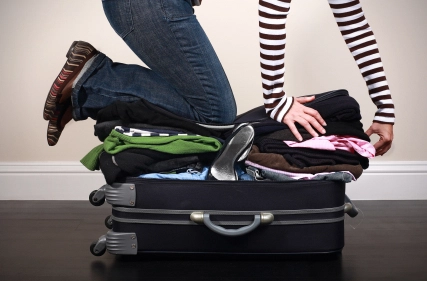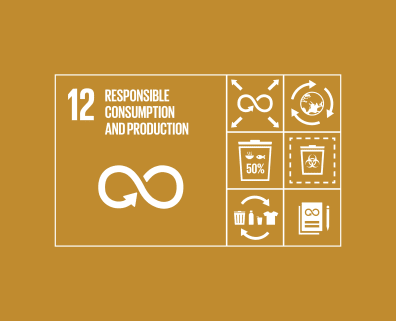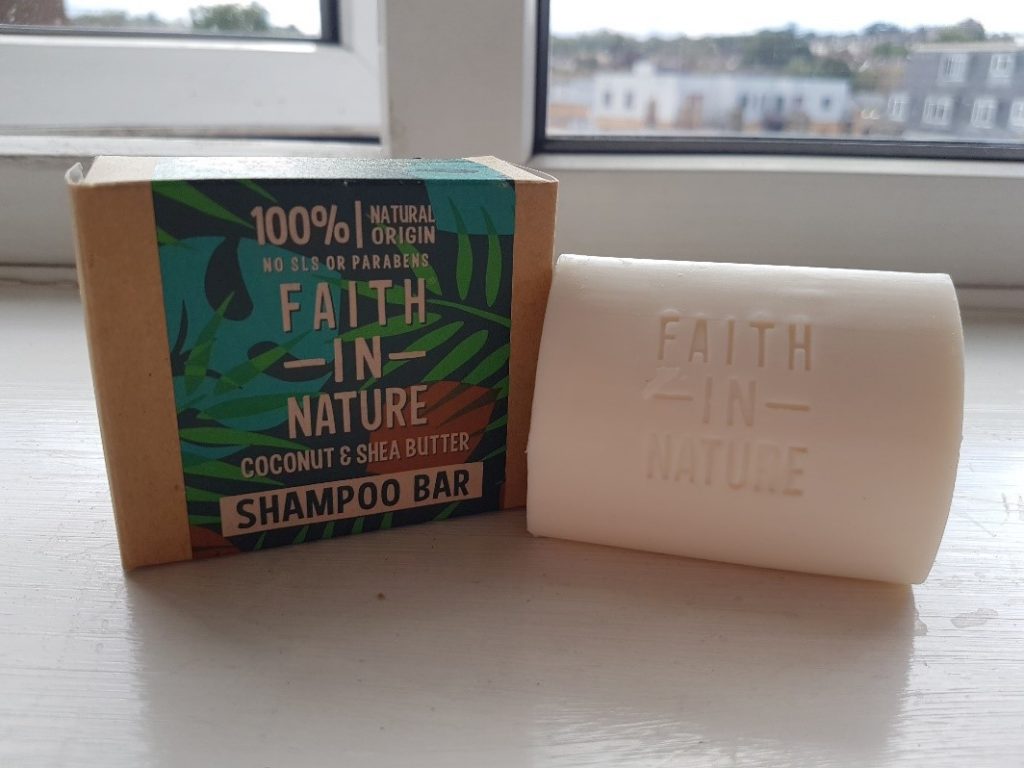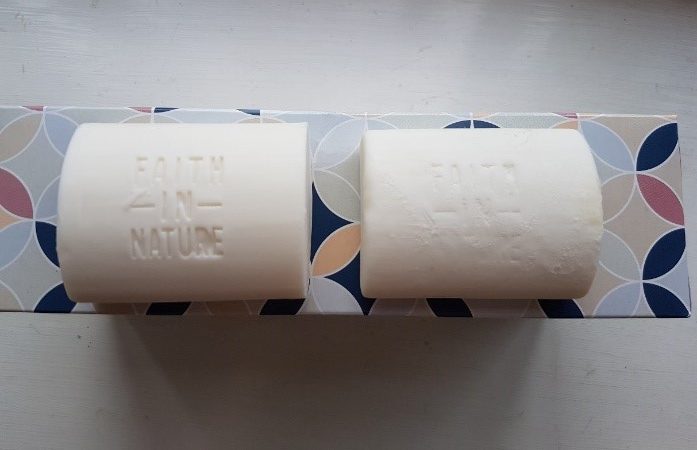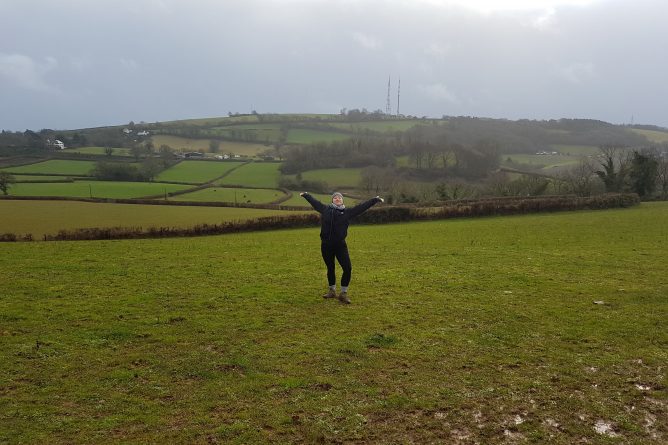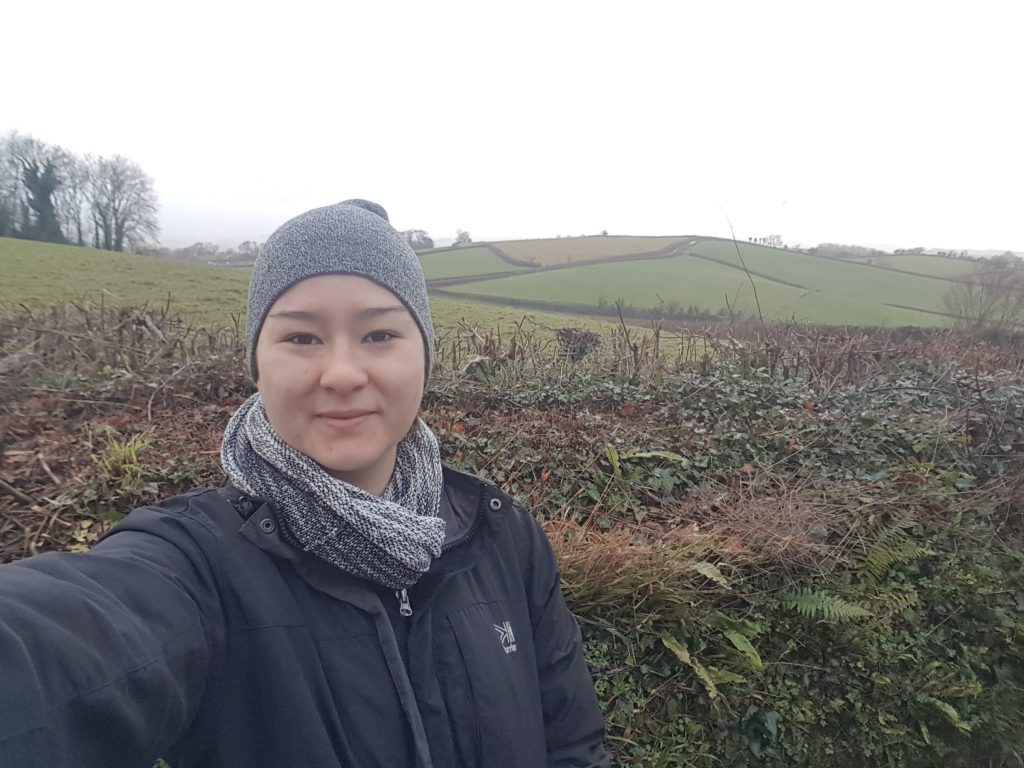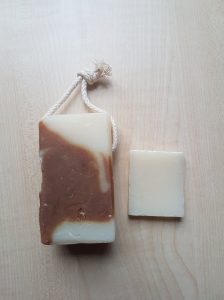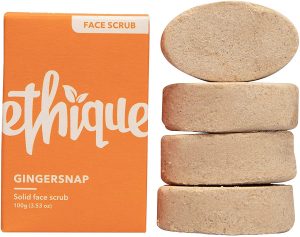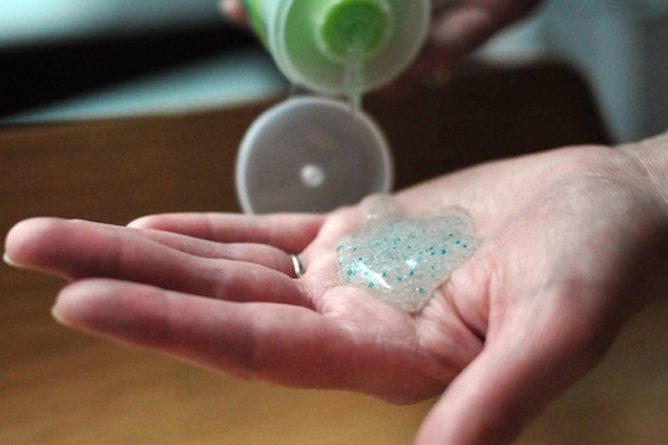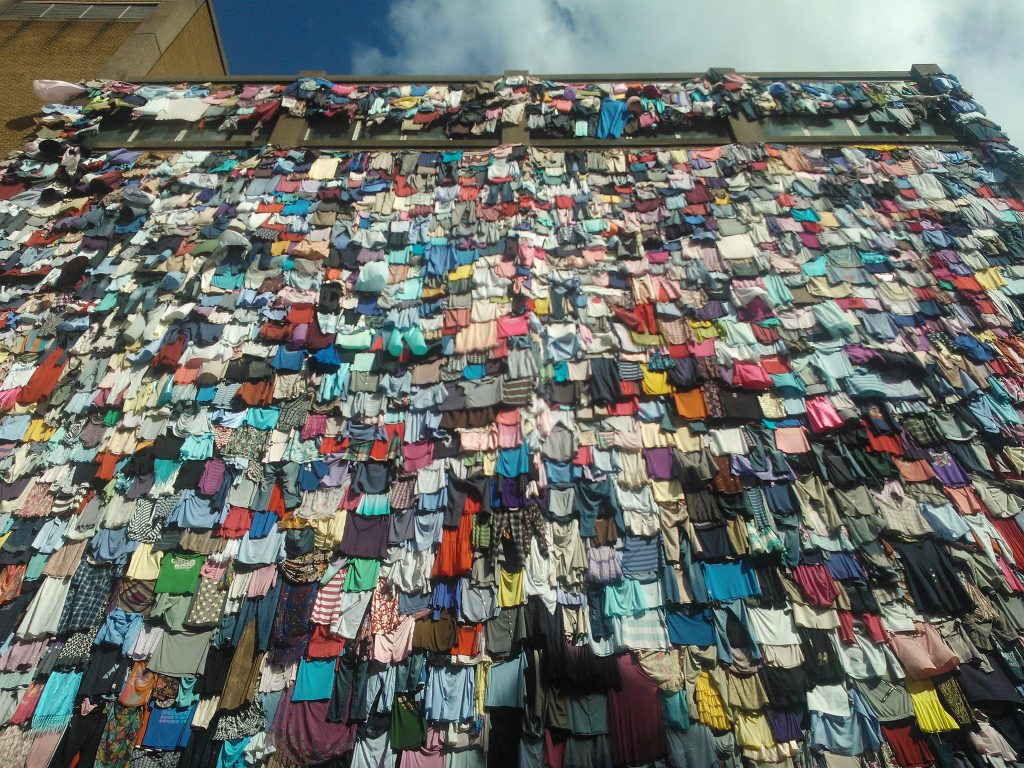This year the Sustainability team is working with the International Partnerships team and their amazing Global Officers program as part of the GOLD Project. We are collaborating to embed sustainability throughout the program due to the overlaps and linkages between Internationalisation and Sustainability.
As part of this, we delivered a session recently to the Global Officers about the sustainability challenges we are currently facing and how storytelling can be an important advocacy role in sustainability campaigning bridging the gap between abstract problems and real life human impacts.
Global Officer Sara Said, 1st year, BSc Biomedical Science with a Sandwich Year, shared the following story:
This is about my experiences I thought would be interesting to share.
Back in school in Kenya while I was doing my A-levels, I was the president of the Interact charity club where we would help underprivileged communities in Kenya by implementing both short-term but mostly focusing on long term solutions. There was this one school we visited within a village with over 1000 students who did not have access to clean water, where the parents would have to walk a long way with buckets just to be able to get water.
There was just something about seeing it in-person how happy they were during the opening of the solar-powered borehole we built on their school grounds that made me appreciate how lucky some of us are to be able to have access to clean water and not worry about getting sick from the water we drink.
There was also a public primary school we visited to donate some desks, chairs and food items which opened my eyes to the inequalities within the education system including the conditions and environment in which some students are forced to learn in due to it being the only one the parents can afford to send their children to. The classrooms were cramped up with more children in a class than they were desks, and the classrooms not having sufficient light or enough resources for all the children. I have included a few pictures I managed to take during the event I hope will be helpful for you to be able to envision it.


All these experiences during the charity events and public schools I was lucky to have visited heavily influenced me to take such a great importance in bridging such inequalities and taking an interest in sustainability. It inspired me to do one last event before moving to university which would help to solve an existing problem. My team and I partnered with another charity organisation and initiated the “pad a girl” initiative solely because we had heard from many public schools that most of their girls could not afford sanitation products and had to stay home and miss school when they were on their periods because of this. We were saddened by this and did our absolute best to help them by providing each girl with 3 months supply sanitary products in 3 schools and also providing empowering and motivating talks to the girls.
This initiative is still ongoing and being developed further by the new members who took over. We found a way to help communities by also combining the projects with tackling the Sustainable Development Goals.
If you would like to share your sustainability story please just email it to sustainability@kent.ac.uk


